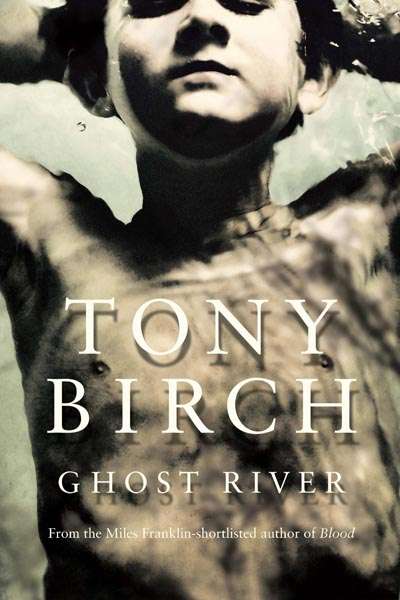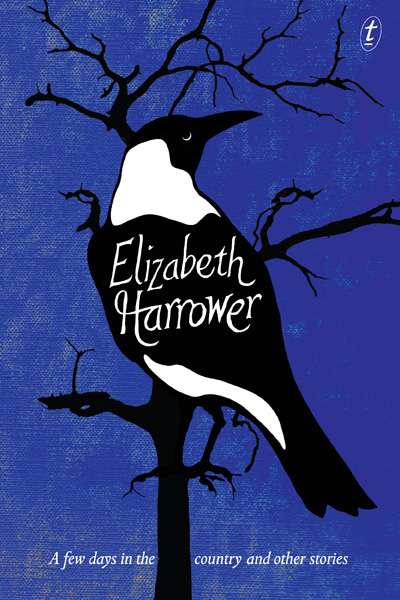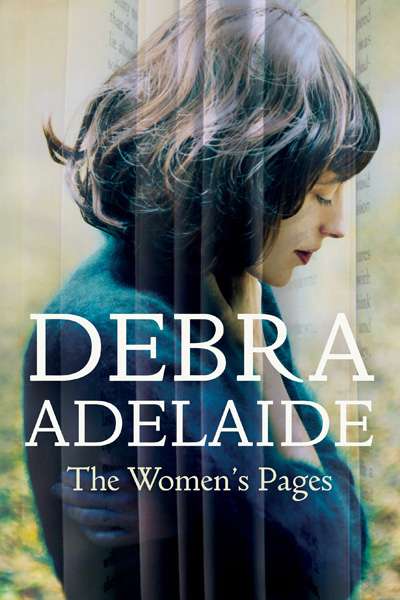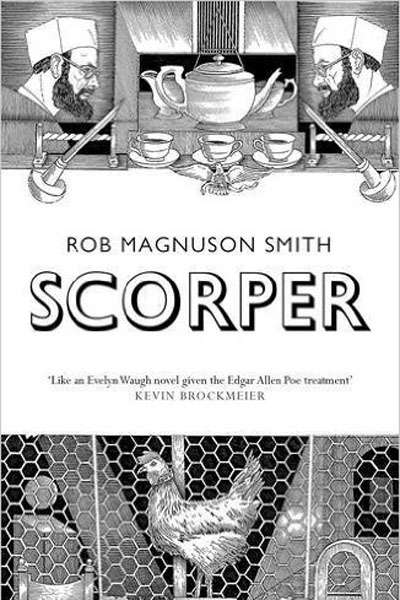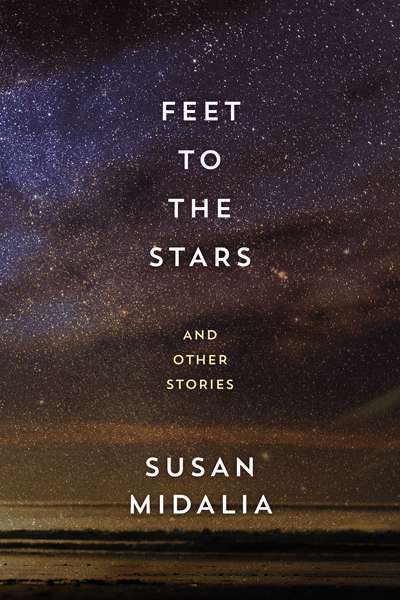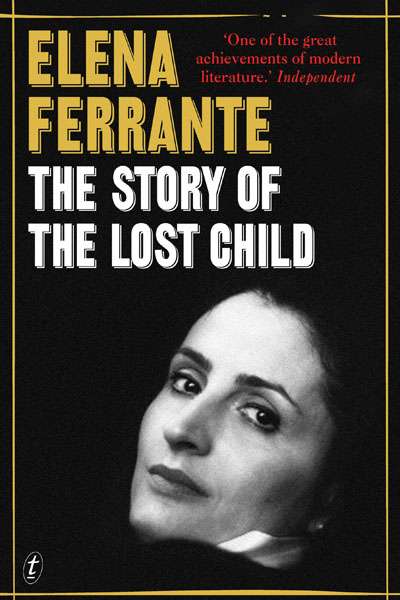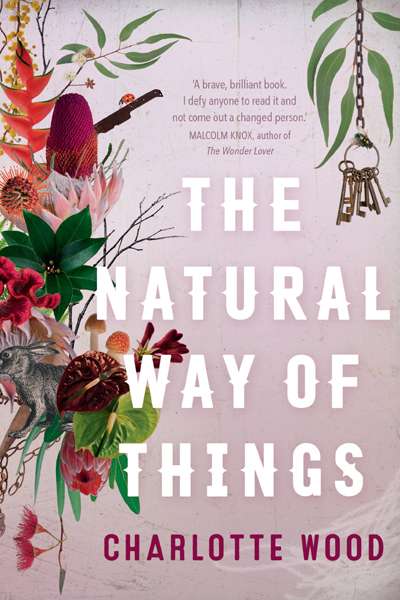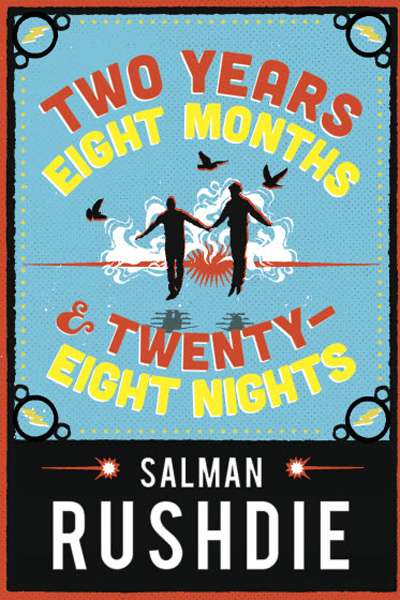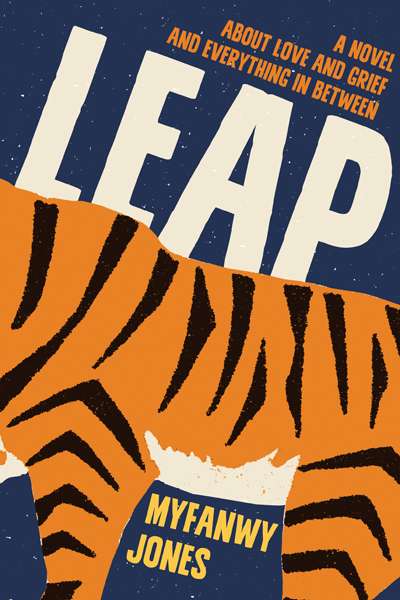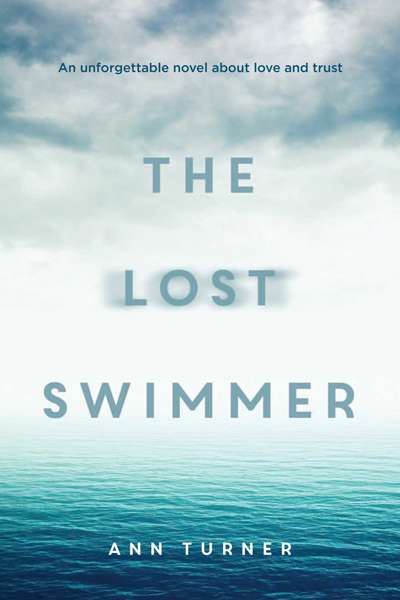Fiction
With Ghost River, Tony Birch returns to a world he has delineated over many short stories and in his first novel, the Miles Franklin-shortlisted Blood (2011): the world of adolescents living on the margins. Invariably in trouble and in unstable family envi ...
A Few Days in the Country and Other Stories by Elizabeth Harrower
It is gratifying to witness the renewal of interest in Elizabeth Harrower's fiction. Last year, ...
... (read more)In this beautifully crafted novel, two parallel stories merge. Chapters alternate between Ellis, a young woman living in Sydney in the 1960s, and Dove, a thirty-eight-year-old woman in the present day. As the novel begins, Ellis is contemplating leaving her husband and taking her baby son with her; Dove is mourning the death of her adoptive mother – and writing a ...
For the most part, we move among books with ease, passing from one writer's prose to another without having to adjust the frequency of our inner ear. We detect shifts in style and sensibility, sure, but as readers we open ourselves to such a wide harmonic range that, should multiple books arrive on our lap with the authors' names deleted, we could segue from page to ...
Susan Midalia's Feet to the Stars references Sylvia Plath's poem 'You're', in which Plath addresses her unborn child: 'Clownlike, happiest on your hands, / Feet to the stars, and moon-skulled, / Gilled like a fish ...' This clever title foreshadows Midalia's exploration of children in the family dynamic and the use of intertextuality, which are integral to ...
Over the last year, Italian enigma Elena Ferrante has become one of the most passionately advocated literary sensations of our time. Enigma, because 'Elena Ferrante' is a pseudonym and no one other than her publisher knows her identity, Ferrante had published several novels before the Neapolitan series, but it is this cycle of four novels, culminating in The Sto ...
In an isolated hut in the countryside, a young woman wakes from a drug-induced sleep to discover that she is dressed in a nineteenth-century smock. She soon finds another young woman in the same condition, and both are forced to submit to the shaving of their heads. It is contemporary Australia: kookaburras cackle outside. Are they in a prison, or a religious cult, ...
Two years eight months and twenty-eight nights: a novel by Salman Rushdie
Kazuo Ishiguro recently sparked off a literary row about whether 'serious' writers should dabble in fantasy when he insisted rather too strongly that he was not writing fantasy in his latest novel The Buried Giant (2015). All those giants and pixies, knights and d ...
Set in Melbourne’s cafés, under its bridges, behind its laundromats, and within its zoo, Leap is a contemporary Australian novel about love and loss. It entwines the narratives of Joe, whose guilt over the accidental death of his high-school girlfriend drives him to work dead-end jobs and train furiously in the art of Parkour, and Elise, a recently s ...
The Lost Swimmer is a novel full of movement, colour, and complex plot threads. Although this is her first novel, Ann Turner’s experience as a significant Australian film director and screenwriter has given her a tight grasp on the unfolding of narrative in sharply realise ...


